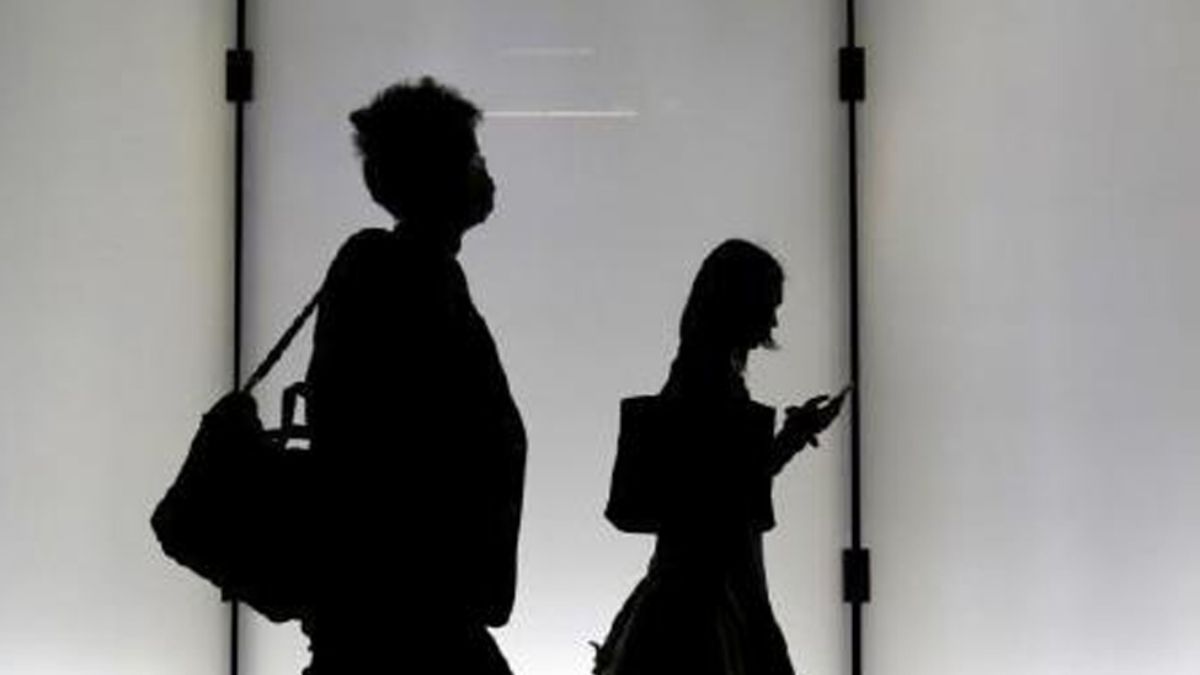A recent study conducted by the University of Hong Kong (HKU) has found that men often underestimate the difficulties women encounter in various aspects of life, including access to healthcare and home safety.
The study, published ahead of International Women’s Day, also highlights that women adhering to traditional gender roles tend to experience a lower quality of life.
Professor Celia Chan Hoi-yan from HKU’s department of social work and social administration emphasised that male and female respondents’ perceptions of women’s experiences differed significantly, with men consistently underestimating the challenges faced by women.
The survey, which polled 603 men and 684 women, presented statements regarding women’s access to social resources and control over their lives. Respondents were asked to assess the ease or difficulty of handling situations related to education, employment, healthcare, marriage decisions, safety, financial autonomy, property ownership, and political participation.
One notable finding was the disparity in perceptions regarding women’s healthcare, with a majority of male respondents rating it as excellent, while fewer women agreed. Similarly, there was a significant gap in perceptions of women’s safety at home, with more men believing women feel safe compared to female respondents.
The study also revealed a correlation between adherence to gender stereotypes and poorer mental health among women. However, women who perceived themselves as equal to men reported a higher quality of life.
Personal stories, like that of homemaker and pastry chef Connie Ho, highlight the challenges women face in balancing multiple responsibilities. Ho’s decision to pursue her business endeavors while being a full-time mother reflects the importance of breaking gender norms and finding fulfillment in various roles.
Impact Shorts
More ShortsSisi Liu Pui-shan, director of the Hong Kong Federation of Women’s Centres, emphasised the need for improved communication between genders to bridge the perception gap. She suggested interactive sessions, such as drama workshops, to promote understanding and empathy towards the challenges faced by individuals of different genders.
Overall, the study underscores the importance of addressing gender disparities and promoting equality through awareness, communication, and empowerment initiatives.
)